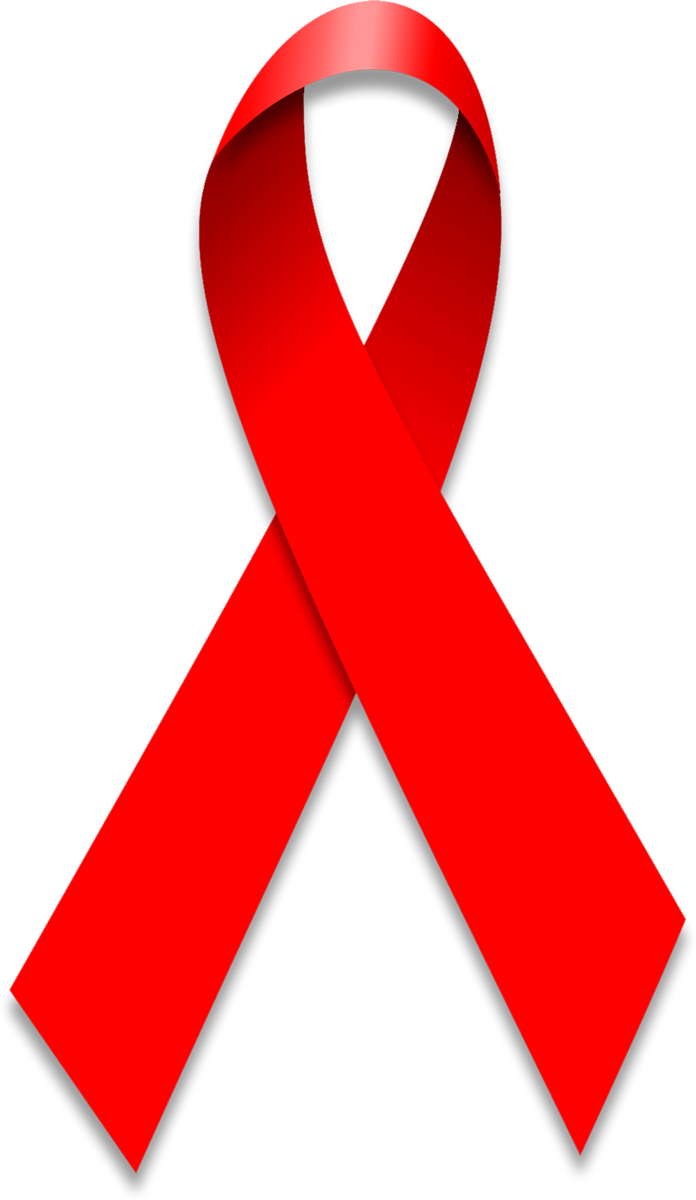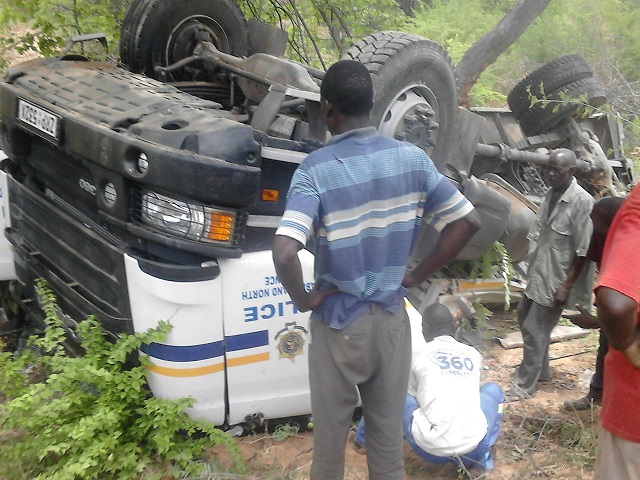Boys schools considered HIV hotspots

Thandeka Moyo, Chronicle Reporter
THE National Aids Council has expressed fears over possible same sex relationships at Bulawayo’s boys only schools.
NAC provincial Aids coordinator Mrs Sinatra Nyathi said all boys’ schools were a hotspot as the environment made it easy for boys to engage in risky behaviour.
She said same sex relationships in boys’ schools could be fuelling HIV.
“We have noticed that when boys are not mixed with girls at schools, they tend to display unruly behaviours. We have reports of boys who abuse drugs, engage in risky sexual behaviour during Vuzu parties and we cannot rule out the issue of same sex relationships which is slowly creeping into our schools,” said Mrs Nyathi.
“Unfortunately due to policy, we do not have evidence neither can we conduct studies related to such as we know that our society does not readily accept the existence of same sex relationships. The same situation is likely to be obtaining at girls only schools though these are not part of our hotspots.”
Mrs Nyathi said they were also having challenges reaching out to minors as policy does not give them permission to go straight to them because of their age.
“You will notice that besides all boys’ schools, we have a growing trend of teenage sex workers in our suburbs. These sex workers, who include boys, then fail to access health care and important HIV prevention interventions because of their age. For example we are now rolling out Pre-Exposure Prophylaxis (PrEP) in some districts but those teenage sex workers cannot access it or get tested because of their age,” she said.
“I encourage parents to freely discuss HIV with their children and be able to accompany them for HIV testing and counselling. They need to stop imagining that adolescents are angels who are not yet indulging in sex.”
NAC recently identified Bulawayo’s HIV hotspots which include densely populated suburbs, sports bars, lodges and guardrooms.
With an HIV prevalence rate of 18,7 percent, the third highest in the country above the national average at 14,6 percent, Bulawayo is considered an HIV hotspot.
According to the World Health Organisation, an HIV and Aids hotspot is a geographical area or location with evidence of a high prevalence of HIV, STIs or behaviours that put people at risk of acquiring HIV infection. — @thamamoe










Comments